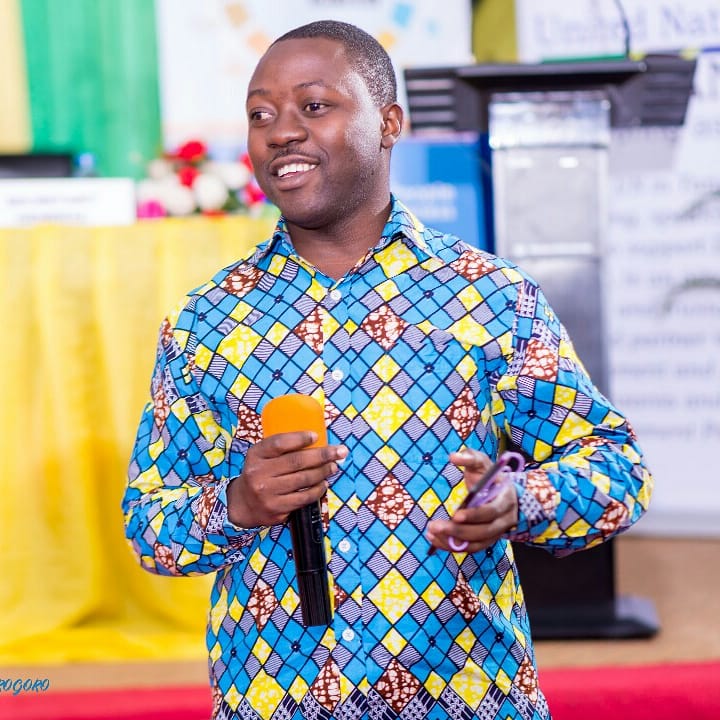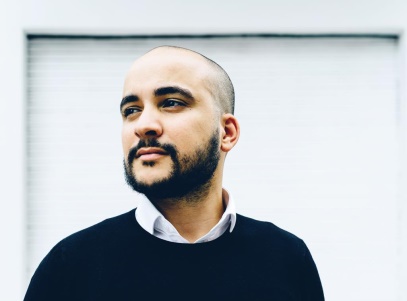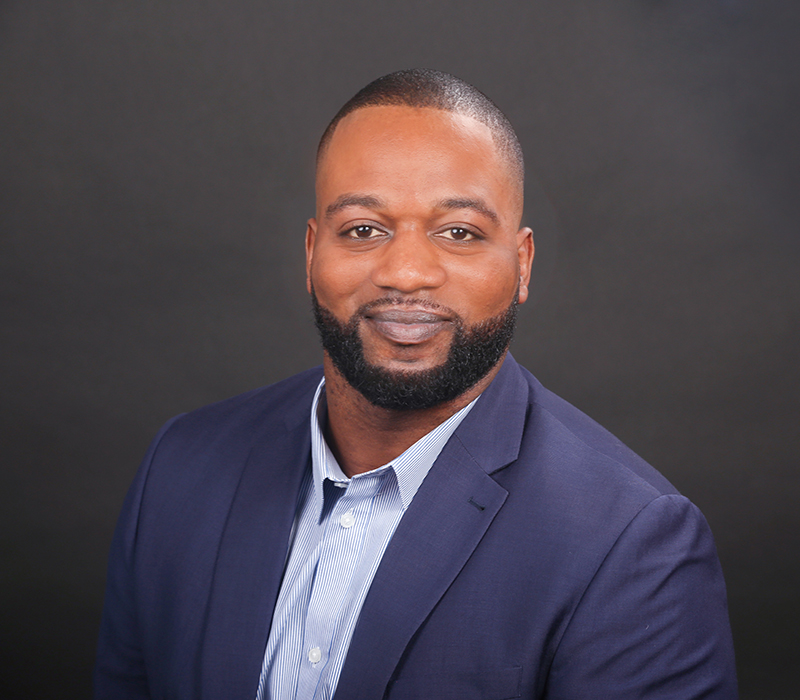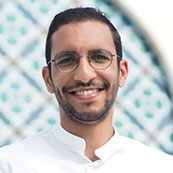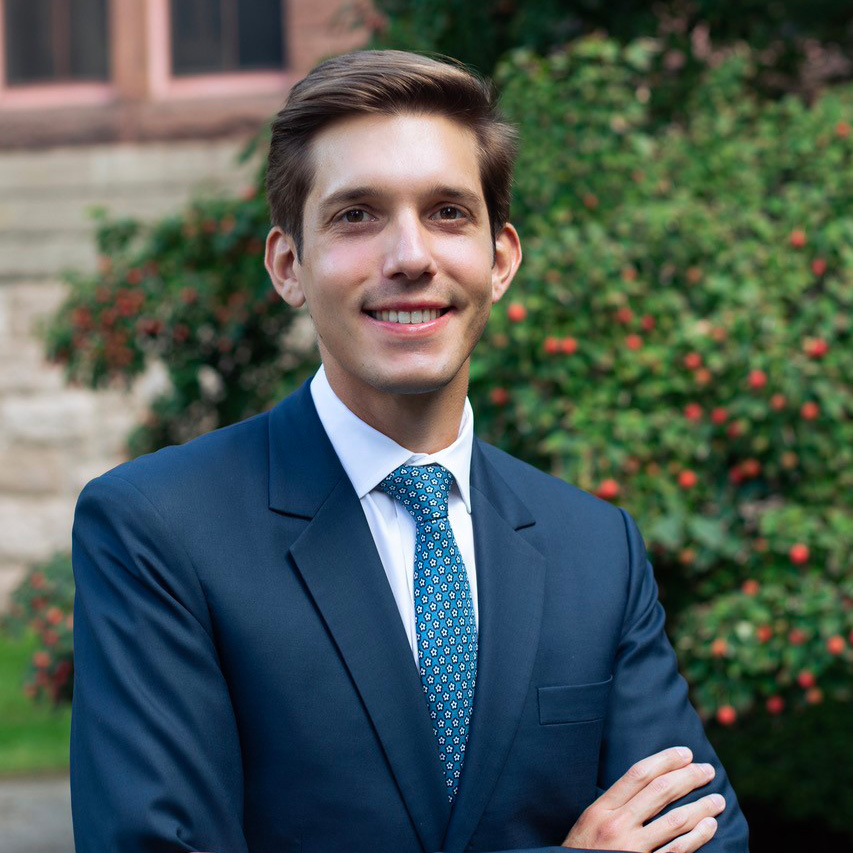
Jessica Gottsleben
This energetic and straightforward young American leader has made a crucial choice in life: to accomplish her mission the way she sees it, and embrace it. It may sound like the plot of a Paolo Coelho novel, but it is not, as her story is unfolding in real life.
Jessica Gottsleben (a surname that means « God-life » in German) brings to the fore a large array of different skills and interests. She is an American policy advisor and strategist, security scholar and researcher, human and civil rights advocate, consultant, and “survivor expert”. The latter expression may be unclear to some, but represents a pillar in her professional journey, as she will explain later.
Her areas of expertise include climate security, cybersecurity, intelligence, transformative and restorative justice, violence, exploitation, human trafficking and slavery, terrorism, sustainable development, peacebuilding, and security. Behind all of these areas and sectors, there is a soul determined to heal and give her life maximum purpose. Her next step is running for Congress, for greater impact. She warns in her CV: “I have a limited time on this planet, and I will save as many lives as I possibly can with the time I'm granted. Here for transformational, not transactional”.
She advised on The Paris Agreement on climate, provides counsel in cases of abuse and cyber abuse, recently secured legislation for a rape kit tracking system in Florida, and is actively working to end qualified immunity and coercive control in the United States. Qualified immunity refers to a series of legal precedents that protect government officials, including police officers, accused of violating constitutional rights, whereas coercive control is an oppressive behavior grounded in gender-based privilege, that invades all arenas of women’s activity by limiting access to money and other basic resources.
A survivor of sexual violence
Jessica serves on FreeFrom’s Survivor Wealth Policy Group, the Union of Concerned Scientists, and the international NGO Open Web Application Security (OWASP). She is a founding member of the Centre for Feminist Foreign Policy (CFFP), an Advocate for Hacking is NOT a Crime (an organization defending hackers’ rights) and a Security Fellow with the Truman National Security Project, aimed at rethinkingUS security. She’s also an Ambassador of Secure Diversity and has been serving on the Millennial Action Project’s Young Leaders Council for the last four years.
When asked about her main role currently, Jessica Gottsleben answers: “Chief Information Security Officier (CISO) for organizations caring for the most vulnerable, domestic violence and terrorist attacks victims, women in danger, refugees, migrant children”. Her work is to protect data and information, in order to “keep people alive, because a security breach at any time could put them in danger”.
As a CEO, she runs an organization for victims and survivors of violence and sexual violence, providing free assistance and training in cybersecurity. She serves « people like myself who have been attacked on Gender based violence ». She experienced trauma, through a criminal network. « That’s why I got into what I do, I’ve witnessed women and girls die. After seeing that much violence, I have a responsibiliy to help. My guiding forces are that I have a responsibiliy to serve, as I’m very grateful to be alive. Victims of violence matter, they should be given not something to make them feel smaller but more important. »
A multi-specialized professional with a mission
Her home State is Florida, where she is currently busy working on amendments to a law protecting the rights of nature, species and access to clean water. As a child, she dreamt of becoming a competitive dancer and an artist. « I fell in love with the Everglades National Park and had a lot of interest in animals, conservation, justice and the arts ». Later, she thought of associating the skills of a physicist and psychologist, to « help provide, through science, an access to individuals from poor communities that are systematically excluded ».
She studied Radio and TV journalism, as well as political science, and obtained a Masters degree in Justice and Security, specializing on cybersecurity and intelligence. She likes the idea of « creating the space », as James Baldwin had put it in his writing, and is not afraid to explore « a path less travelled. I’d rather be innovative and change the world than go with the status quo ».
What does changing the world entail for her? Certainly not being in the limelight, as she is very clear about “not being here for awards or magazines”, but rather for “influence on major policy decisions, such as the Paris Call for Trust on Cyberspace”. She helped organize the Global Day of Action for Climate Justice, a day of demonstrations on November 6 held by the COP26 Coalition, gathering a team of leaders across the world. “We keep making noise because we don’t get the results we want, at a time of multiple overlapping crises, from human trafficking to climate change and environmental terrorism”.
While she was very focused on her work, some “big leaders, international diplomats” told her to apply to the Atlantic Dialogues Emerging Leaders program. She applied in 2016, and was voted by her peers to represent the group as a panelist in the final plenary session of the Atlantic Dialogues. “That was very exciting, and today, some of my favorite people to work with are from the ADEL community”, she says. She takes part in the Policy Center for the New South activities, spoke during the last Atlantic Dialogues online conference, and is a member of a “Global South network, something meaningful I don’t often see in other think tanks and conferences”.
Today, she is “very intentional about healthy relationships, selfcare and holistic care”. She loves to sing, draw, dance and read, and was saddened by the passing on December 16 2021 of the African-American writer Bell Hooks, an anti-racism and feminist icon. Gardening, animal rescue and yoga are also among her hobbies. While preparing to run for Congress, she stays humble. Her conviction is that “many unknown leaders have greater impact”.










